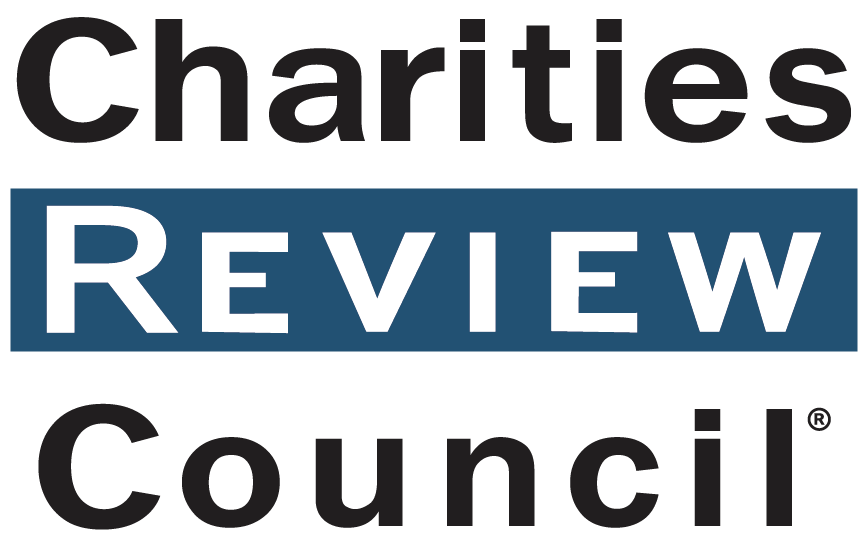In the era of COVID-19, organizations of all sectors are being faced with new questions on how to maintain business operations while practicing responsible social distancing and adhering to state-level shelter in place orders. One of the questions we at Charities Review Council recently worked through was how to maintain strong internal controls while out of the office.
What are internal controls?
Internal controls, as defined by the Merriam Webster Dictionary, “is a system or plan of accounting and financial organization within a business comprising all the methods and measures necessary for safeguarding its assets, checking the accuracy of its accounting data or otherwise substantiating its financial statements, and policing previously adopted rules, procedures, and policies as to compliance and effectiveness.”
At Charities Review Council, we partner with nonprofits to ensure they have strong internal controls in place as it relates to protecting the personal and financial data of donors. Here’s a look at the Donor Financial Information Security Accountability Standard® that all Meets Standards® Nonprofits demonstrate and commit to upholding during our nonprofit review process (aka the Accountability Wizard®).

>> To view the full list of Accountability Standards®, click here.
Tips for Maintaining Strong Internal Controls in the era of COVID-19
In partnership with our board members Jess Birken—owner of Birken Law Office and Megan Tarnow—Principal of Mobius Group, and our auditor Pat Powers—President of Olsen Thielen, we created a process that will work for our team.
As Tarnow states, “The key to functioning well in a virtual environment isn’t asking how we can replicate our analog process. Instead, it’s about starting with the intent behind the process – the WHY – and using the tools available to create a process that honors that intent.” Below, we’re sharing our tips for maintaining strong internal controls that honor our typical process but work for us during this physical distancing period.
1) Forward your mail and sign-up for informed delivery.
When we shared that we would be closed and working remotely for two weeks we set-up a mail hold, which was an easy solution for a short-term office closure. However, as this situation continued to evolve and we shared that we would be extending our social distancing/shelter in place policy, we quickly identified a need for a more long-term solution. We needed a place for invoices, donations, and payments to go to be processed. So, we set up mail-forwarding, forwarding all of Charities Review Council’s mail to our Executive Director’s house.
Perhaps it makes more sense for you and your organization to route mail to a Board Chair or Board Treasurer. Whatever the case, you can learn more about free mail holds and mail forwarding services, here.
As an added layer of protection and accountability, we added informed delivery. Informed delivery is a free service provided by USPS that allows you to digitally preview the exterior, address side of letter-sized mail pieces, and track packages in one convenient location. This serves as another record of mail received for internal accountability to ourselves and external accountability to our auditor, donors, funders, and partners.
2) Process mail and save it in a secure location.
Just like our usual mail processing procedures, mail is opened by one person and entered into the database by another member of the Council team. This separation of roles is important in maintaining accountability to ourselves and our donor and nonprofit partners. Mail is stored in a safe and secure location. Once the payments and donations are entered into our password-protected CRM, our Executive Director quickly makes a deposit.
Birken recommends the following for additional protections, “Take advantage of mobile banking and give a board member or finance person, secondary-view only access to your account so they can tie out the books.”
3) Don’t forget to acknowledge donations received.
Perhaps now more than ever, it’s important to acknowledge donations received. Individuals are facing all sorts of new, unprecedented circumstances and still choosing to invest in your organization’s mission. Your thank you letter, postcard, or email could be the highlight of their day. Speaking to the impact their donation will have, could be the positive light at the end of this COVID-19 tunnel. So, even if you don’t have access to the company printer, commit to acknowledging donations in a way that is still meaningful and personal. At Charities Review Council, that looks like one staff person going into the office each week to run acknowledgement letters. This ensures safe social distancing, while also accomplishing our goal of thanking donors for their investment in our work. Perhaps your process includes hand-written notes or even a personalized email. Do what works best for you and your organization!
Remember that processes can be changed. According to Powers, we should “look at the internal control environment as a dynamic environment that needs to be flexed and reevaluated based on what’s currently happening in the world, i.e. a pandemic.”
We’d love to hear from you! How are you re-evaluating your internal controls practices in the era of COVID-19? Let us know at info@smartgivers.org.


